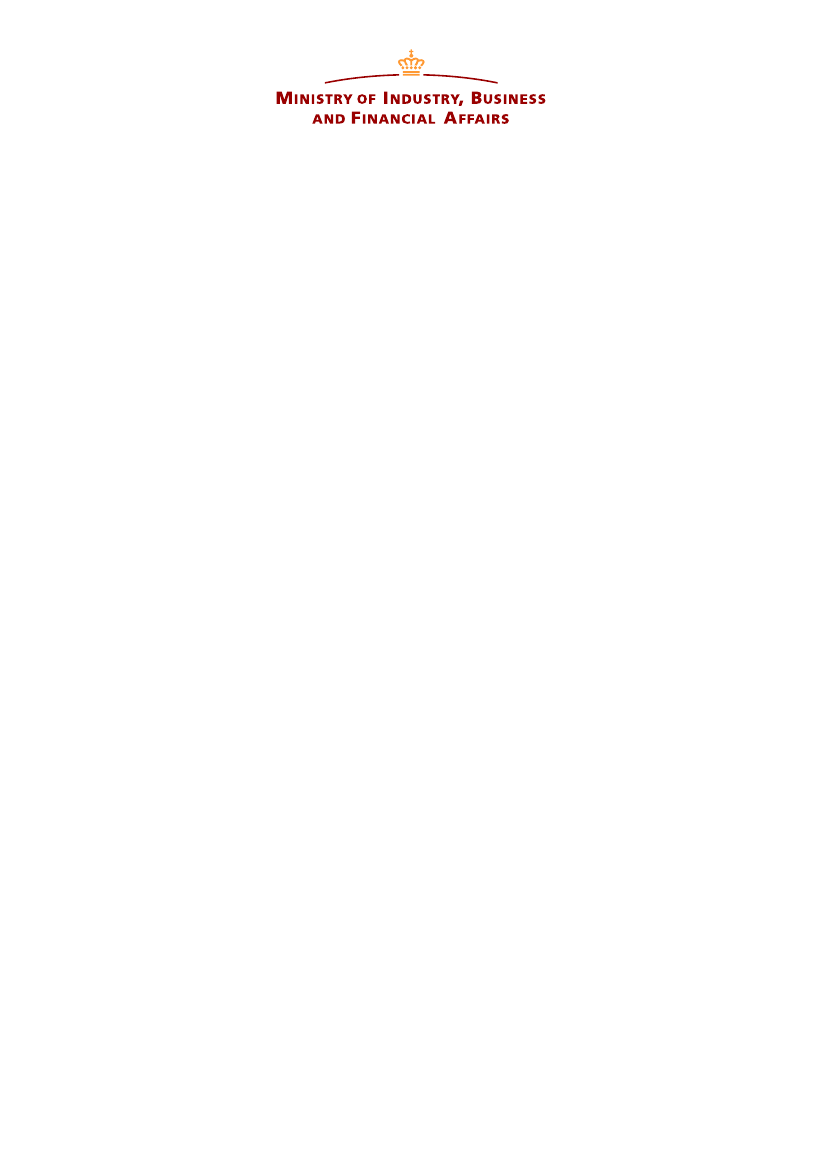
NOTE
13. juli 2018
The Danish
Government’s
response to the Consultation on measures
to further improve the effectiveness of the fight against illegal content
online
The Danish government agrees that it is necessary to ensure effective
procedures for notification and action on illegal content on the internet
inter alia through stronger cooperation between the involved parties. The
Danish Government stresses that illegal content is not acceptable. When
illegal content is identified, effective action should be taken to remove it
and prevent it from being uploaded again.
The Danish Government has a strong focus on fighting terrorist content
and enhancing consumer safety through protection against dangerous
products. Moreover the effective enforcement of intellectual property
rights on the internet is an important task, as the increasing numbers of
infringements have negative consequences for innovation and growth.
The Danish Government would like to highlight the following central
aspects which should be taken into account when fighting illegal content
online:
A clear, simple and coherent framework is needed. Obligations in
existing regulation should be taken into account when considering
new measures in order to limit overlapping regulation.
The free and open internet as well as the fundamental rights and
civil liberties of enterprises, rights holders and individuals in Eu-
rope should be respected.
Procedures for notice and action should be effective, and at the
same time proportionate to the violation in question. They should
not create unnecessary burdens or unduly hinder the development
of new businesses and business models.
Effective safeguards are needed to prevent the misuse of notifica-
tions and the removal of legal content.
In the continuous work focus should be on the voluntary collabo-
ration practices in the different sectors in the internet value chain.
The Danish Government’s perspectives on these
aspects are elaborated in
the following.